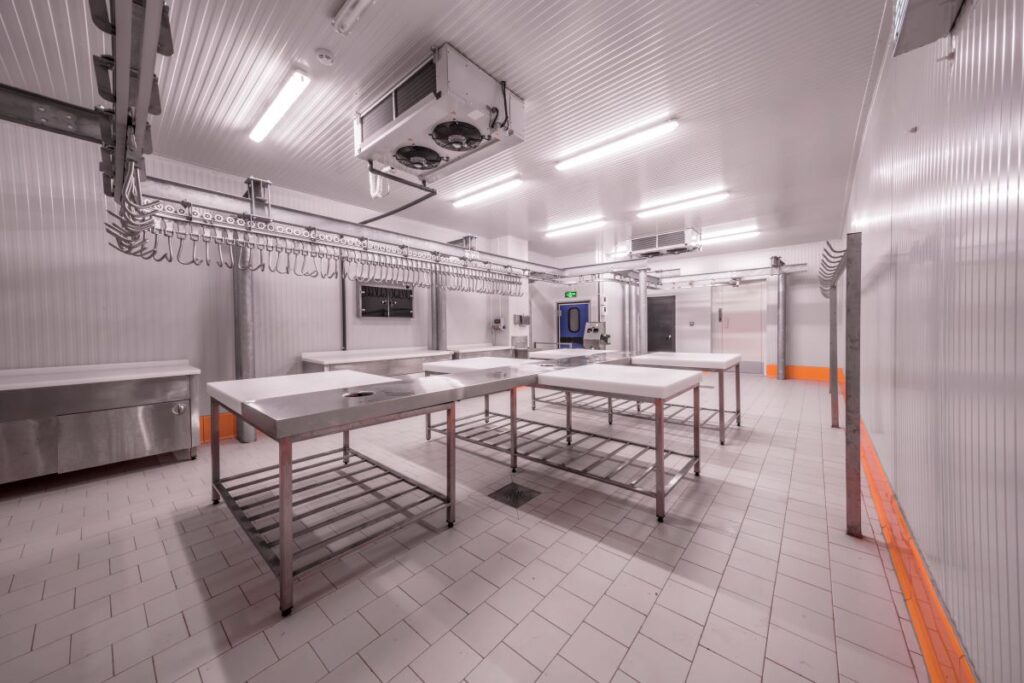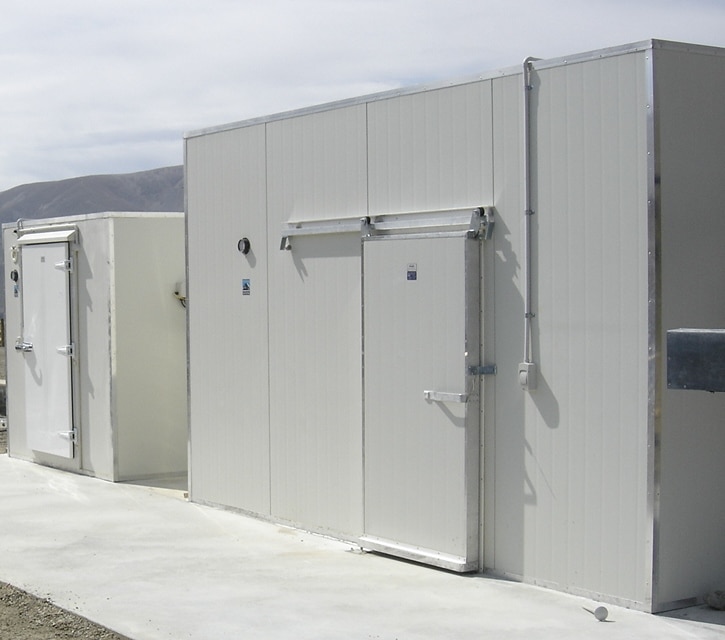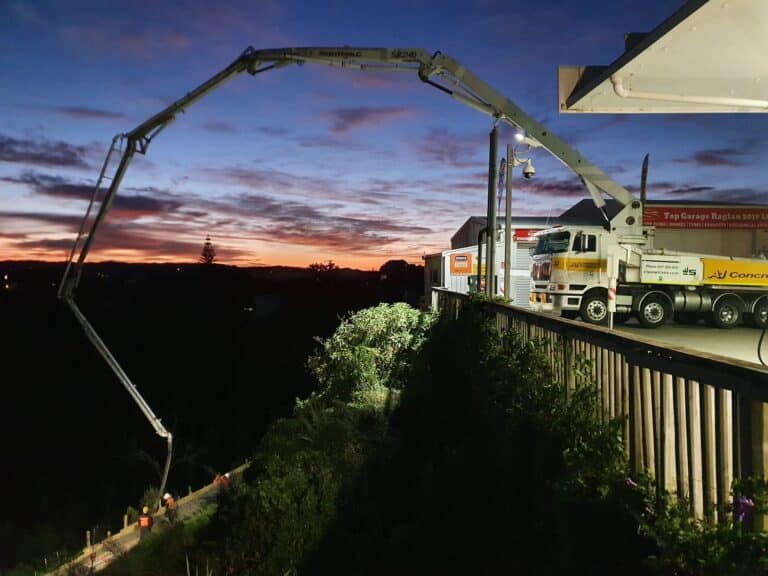Refrigeration in Canterbury, a region renowned for its lush pastures and fertile lands, serves as an important asset in New Zealand’s dairy industry.
The region’s pristine environment and ideal climatic conditions have nurtured a thriving dairy sector, contributing significantly to the country’s economy.
However, the success of Canterbury’s dairy industry hinges on one critical factor: refrigeration.
The Indispensable Role of Refrigeration
Refrigeration is integral to the dairy supply chain, from the farm to the consumer. It ensures the preservation of milk quality, prevents spoilage, and maintains product safety.
Without effective refrigeration, the dairy industry would face significant challenges in terms of product losses, food safety risks, and economic instability.
Key Applications of Refrigeration in Dairy Processing
- Milk Cooling: The immediate cooling of milk is essential to inhibit bacterial growth and preserve its natural qualities. Canterbury’s dairy farms have invested in modern milk coolers equipped with advanced features like automatic temperature control, energy-efficient designs, and remote monitoring capabilities.
- Milk Storage: Proper storage is crucial to maintain the nutritional value and prevent contamination. Canterbury’s dairy industry utilises a variety of storage solutions, including bulk tanks, silos, and cold rooms, to ensure optimal conditions for milk preservation.
- Cheese Production: Cheese maturation requires precise temperature control to develop the desired flavour, texture, and aroma. Canterbury’s cheese factories employ a range of refrigeration systems, from traditional cheese caves to state-of-the-art cold rooms, to create the ideal environment for cheese aging.
Refrigeration and Sustainability In Canterbury
- Energy Efficiency: The dairy industry has a significant energy footprint, and refrigeration systems consume a substantial portion of that energy. Canterbury’s dairy processors have been actively exploring technologies and practices to reduce energy consumption, such as using natural refrigerants, optimising insulation, and implementing smart controls.
- Environmental Impact: The choice of refrigerants plays a crucial role in reducing the industry’s environmental impact. Canterbury’s dairy industry is transitioning to natural refrigerants, which have a lower global warming potential compared to traditional synthetic refrigerants.
- Waste Reduction: Refrigeration is essential for preventing food waste by ensuring that products are stored at the correct temperature. Canterbury’s dairy industry has implemented strategies to minimise waste, such as optimising production processes, improving packaging, and implementing efficient distribution networks.

Technological Advancements in Dairy Refrigeration
- IoT and Smart Refrigeration: The integration of Internet of Things (IoT) technology has revolutionised dairy refrigeration. IoT-enabled systems can provide real-time monitoring of temperature, humidity, and other critical parameters, allowing for early detection of issues and proactive maintenance.
- Natural Refrigerants: The transition to natural refrigerants like carbon dioxide and ammonia is a significant trend in Canterbury’s dairy industry. These refrigerants offer a more sustainable alternative to traditional synthetic refrigerants, reducing the industry’s environmental footprint.
- Automation and Robotics: Automation and robotics are being increasingly adopted in dairy processing to improve efficiency, reduce labour costs, and enhance safety. These technologies can be applied to tasks such as loading, unloading, and temperature control.
Case Studies and Success Stories
Canterbury’s dairy industry has numerous examples of successful implementations of advanced refrigeration technologies. Many dairy farms and processing plants have benefited from improved product quality, reduced energy consumption, and increased profitability. For instance, [Case study: A dairy farm that has successfully implemented a new refrigeration system, highlighting the benefits].
Research and Development
Ongoing research and development efforts are essential for the continued advancement of dairy refrigeration in Canterbury.
Universities, research institutions, and industry partners are collaborating to explore new technologies, develop more efficient systems, and address emerging challenges. These initiatives are crucial for ensuring the sustainability and competitiveness of Canterbury’s dairy industry.
Refrigeration is an indispensable pillar of Canterbury’s dairy industry, ensuring the quality, safety, and sustainability of dairy products.
By embracing advanced technologies, promoting energy efficiency, and reducing waste, refrigeration in Canterbury is paving the way for a more sustainable and prosperous future.
As the industry continues to evolve, ongoing innovation and investment in refrigeration will be essential to meet the challenges and opportunities ahead.
Get your business noticed by creating an online directory listing. Listings are FREE and you can create as many as you need.
- Get found by locals



